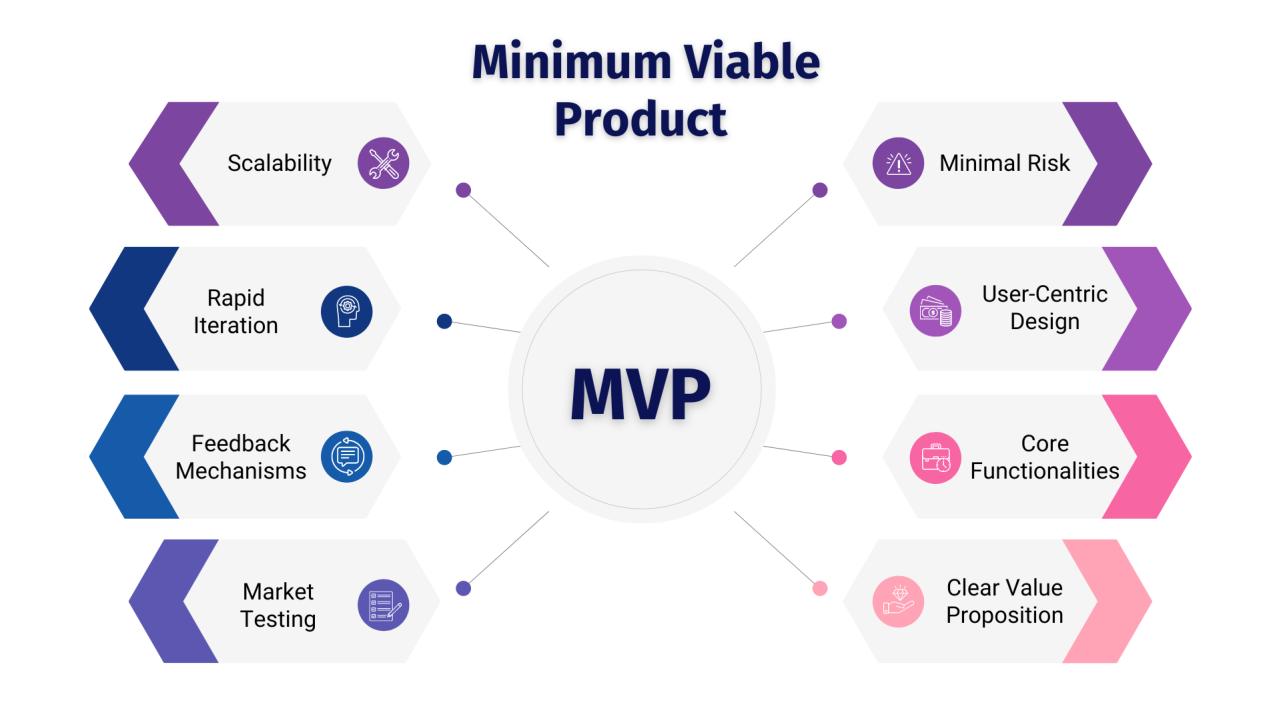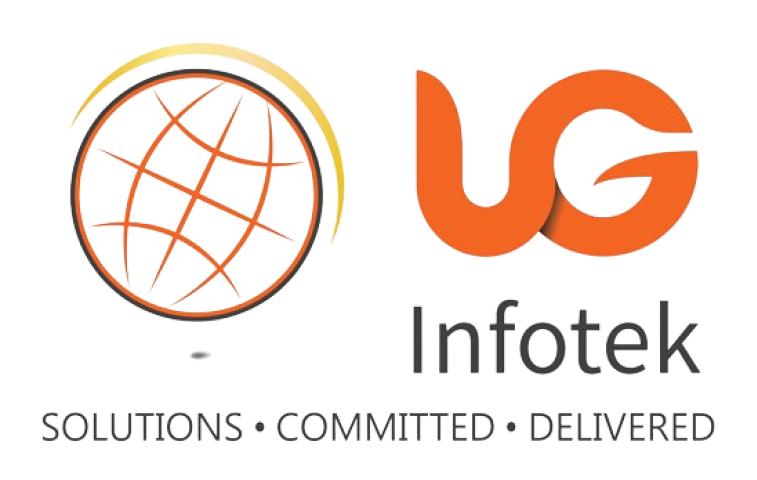In the bustling world of startups, where ideas are plenty but resources are limited, the concept of a Minimum Viable Product (MVP) stands out as a beacon of efficiency and focus. An MVP allows startups to test their ideas, gauge market interest, and gather valuable feedback with minimal investment. This guide will delve into what an MVP is, its importance for startups, and the key features of a successful MVP.
What is an MVP?
A Minimum Viable Product is the simplest version of a product that can be released to the market. It includes just enough features to satisfy early customers and provide feedback for future product development. The MVP approach is rooted in the Lean Startup methodology, which emphasizes iterative development, customer feedback, and validated learning.
Importance of an MVP for Startups
- Validates Market Demand: One of the primary reasons startups fail is the lack of market need for their product. An MVP helps in testing whether the product solves a real problem for potential customers.
- Reduces Development Costs: By focusing on core functionalities, startups can save time and resources. Developing a full-featured product before market validation can lead to significant financial losses if the product fails.
- Speeds Up Time-to-Market: An MVP allows startups to enter the market quickly. This speed can be crucial in industries where being first or early can make a significant difference.
- Facilitates Early User Feedback: Releasing an MVP helps in collecting valuable feedback from early adopters. This feedback is essential for refining the product and ensuring it meets the users’ needs.
- Attracts Investors: Demonstrating a working MVP can attract potential investors. It shows that the startup is capable of building a product and has validated its idea to some extent.
Read Full Blog: HERE












